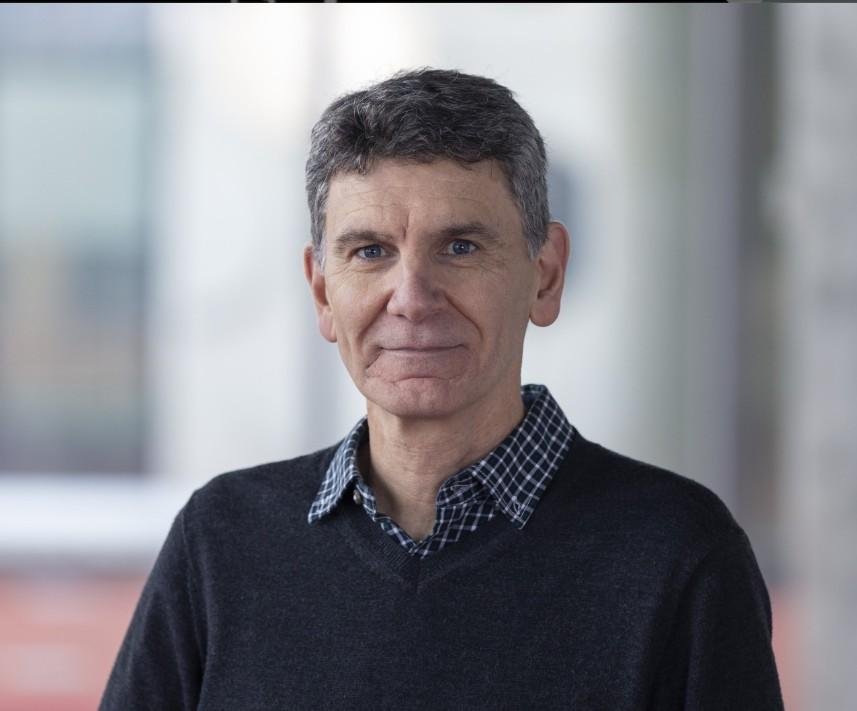
Jason Sargent defies easy categorization. A true pioneer in humanitarian tech, this Senior Editor at IEEE and information systems academic calls himself a ‘system and design thinking social capitalist,’ someone who uses technology to solve humanity’s toughest challenges
My conversation with Sargent revealed a man driven by a singular purpose: to alleviate human suffering by ensuring the underserved, underrepresented, and those denied basic rights gain access to quality education.
Beyond the Algorithm: A Meerkat’s View of Systems Thinking
He illustrates his unique process with a vivid analogy: “I describe the process of systems thinking as a combination of focusing on the granular… and then having to climb up a ladder to see the view of the environment… make notes and evaluations for improvement, go back down the ladder, make changes, deploy and climb the ladder once more. An endless, granular, climbing ladder, back to granular.” He even jokes about demonstrating this to his students by pretending to be a meerkat, popping out of its burrow to scan for danger, then retreating to work.
For Sargent, this structured approach is critical because its very first step is empathy. In the complex, often heartbreaking, projects he’s dedicated his life to, understanding the human element is not just a preference, but a necessity.
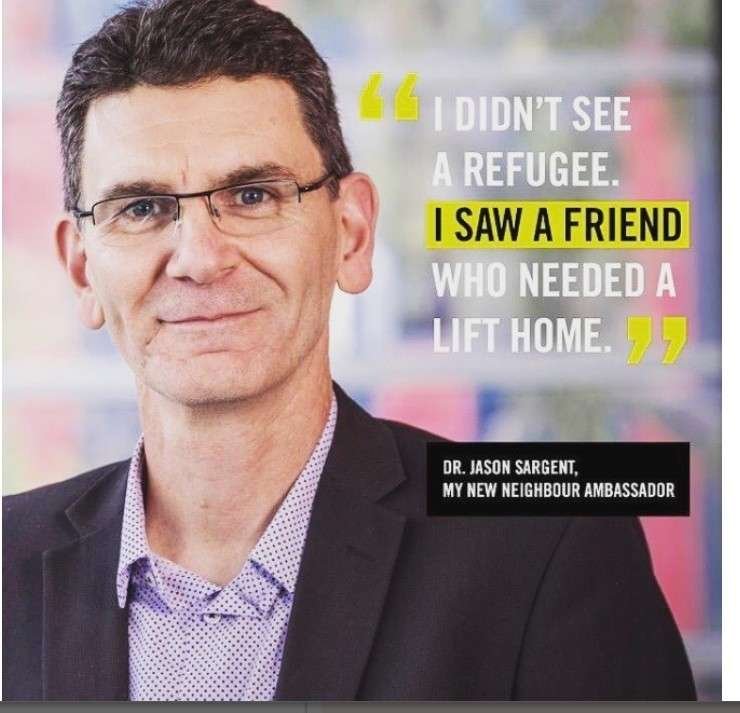
Building Tomorrow’s Digital Foundation
Years before “humanitarian tech” became a buzzword, Sargent was already envisioning its future. His 2003 undergraduate thesis, ‘The Digital Aid Framework (DAF)’, introduced an end-to-end technology integration framework for refugee relief operations. It was so ahead of its time that it won a prestigious award and became course material at universities, downloaded hundreds of thousands of times.
“Many of the processes I described in the DAF were new and cutting edge,” he reflects. He was imagining electronic payment systems and describing the concept of “the cloud” before it was widely adopted, and even “e-health and education passports” before they existed.
Learning Without Borders: The Refugee Education Journey
Sargent’s doctoral work, based in the University of Sydney, took him to the complex reality of refugee education on the Thai-Burma Border. Here, he discovered the potent synergy between “social capital, communities of practice, and blended learning.”
He recalls an early “aha!” moment when these elements clicked. Working with the grassroots Refugee Tertiary Education Committee (RTEC), he realized that “the trinity… became clear to me as the most appropriate combination.” The concept of bonding, bridging, and linking social capital allowed them to harness “the power of networked relationships” to achieve what no individual could alone.
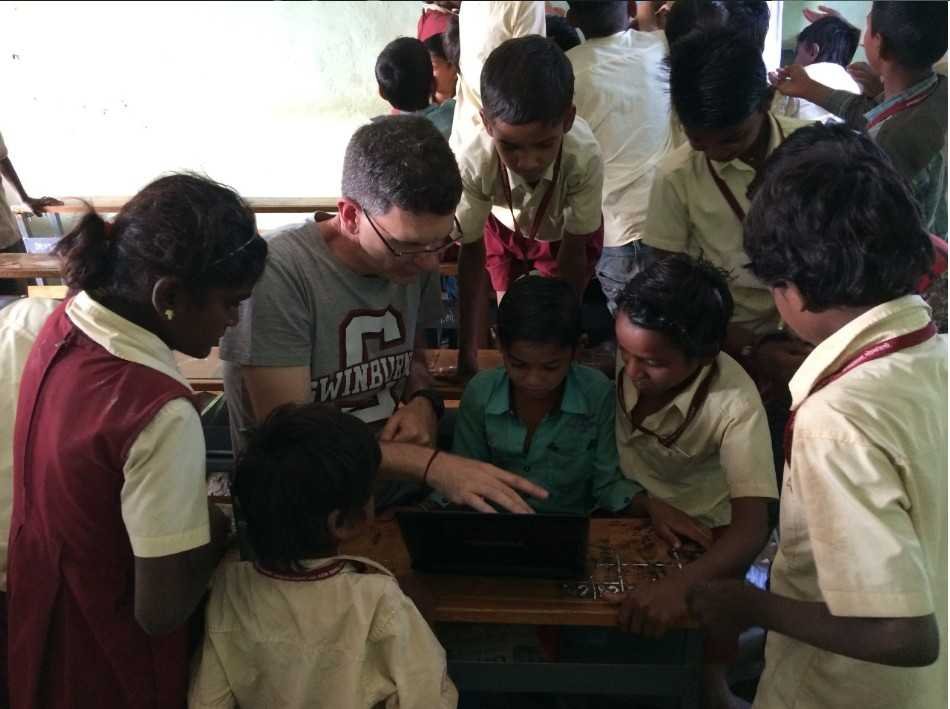
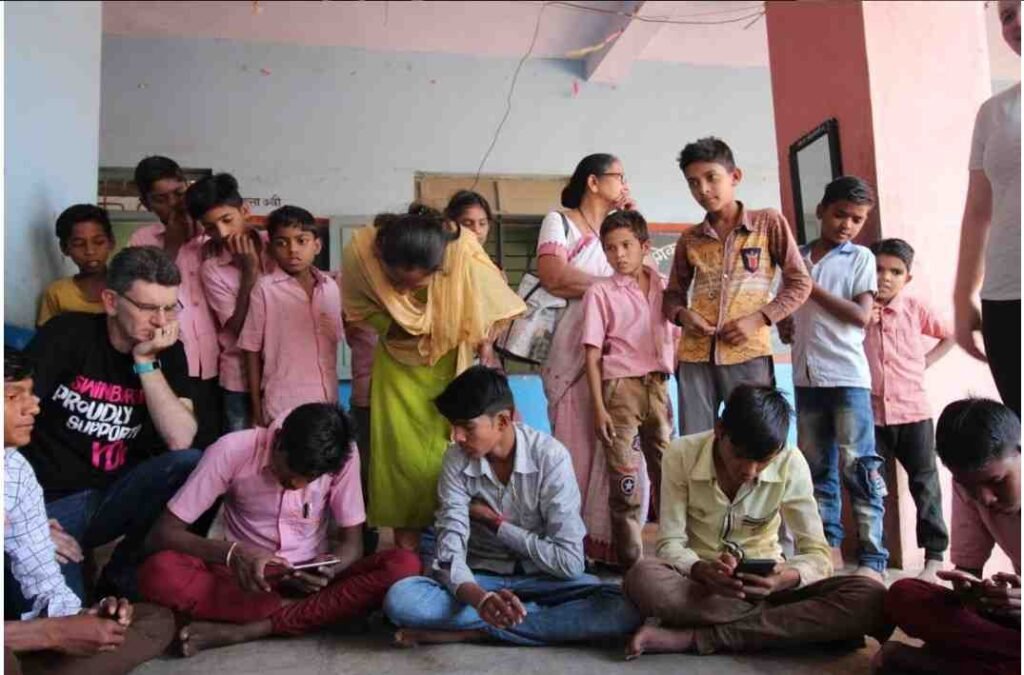
Leadership: The Intangibles of Impact
For Sargent, leadership in the tech-for-impact space is defined by a constellation of “intangibles”: kindness, empathy, compassion, and active listening. He highlights “bearing witness,” or témoignage, a term he learned from Médecins Sans Frontières. His leadership style is forged from observing those who navigated “extremely complex environments” individuals he deeply respects.
He speaks of limited heroes, but names two profoundly influential figures: the photojournalist Yannis Behrakis, whose camera lens he “unconditionally trusted” to show the truth of war zones, and Sergio Vieira de Mello, the late UN High Commissioner for Human Rights. In challenging socio-political contexts, Sargent instinctively asks himself, “What would Sergio do?” A third piece of wisdom he shares with his students comes from Maya Angelou: “Do the best you can until you know better. Then when you know better, do better.” It’s a powerful mantra for continuous learning and ethical improvement.
A Decade of Advocacy: Pride and Purpose
After decades of dedicated work, Sargent points to one achievement that fills him with the most pride: “fighting the injustice of the lack of quality education for the less advantaged, the under-served, refugees and in recent years, female students in male dominated societies.”
A particularly poignant moment came in 2020 when he was invited to become an Ambassador for Amnesty International Australia’s ‘My New Neighbour’ campaign, a recognition of his decade-plus advocacy for refugee community settlement. “I have a framed print of that on the wall of my house,” he shares, “to remind my daughter that dad did OK and tried in his own small way to help others and make the world a little bit better.” It’s a legacy of compassion he hopes to pass on.
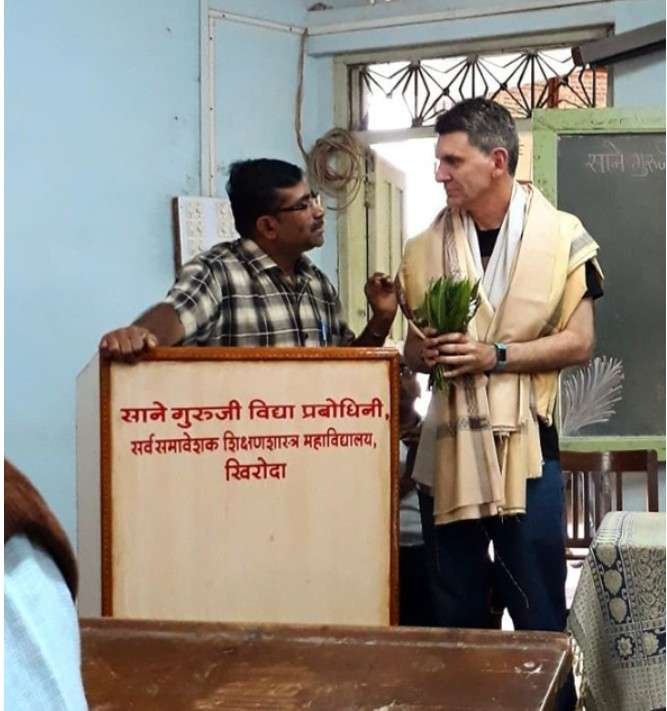
The Human Cost of Global Impact: Resilience, Support, and Systemic Change
Working with global crises daily can take a profound toll. Sargent admits he struggled for years to compartmentalize his experiences. “There are many things I have seen and some I have been told while working on fieldwork… some extremely personal and horrific stories, that I have never spoken of to anyone and I will not share with anyone, ever.” He carries these burdens privately, unwilling to transfer “that pain and hatred” to his loved ones.
Ultimately, his resilience stems from a small, tight-knit circle of unconditional support: “Katina Michael, Khanjan Mehta, Safia Barikzai and Cathy Treadaway.” These individuals, not family by blood but by deep connection, “know me, get me, never question me or openly judge my choices,” and for that, he is “forever grateful.” It’s a powerful reminder that even the most impactful changemakers need their own support system.
His life’s work is a powerful call to action, urging us to look beyond the surface, to understand the intricacies of human suffering, and to apply our intellect and compassion to build a more equitable world. His legacy is not just in the frameworks he built, but in the lives he’s touched, and the quiet dignity he helps restore, one systemic solution at a time.
Last Updated on: Wednesday, August 6, 2025 6:37 pm by Sonal Gramopadhye | Published by: Sonal Gramopadhye on Wednesday, July 30, 2025 5:55 pm | News Categories: News